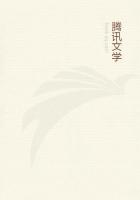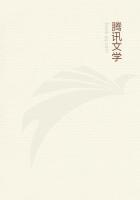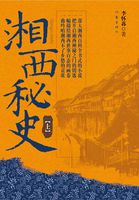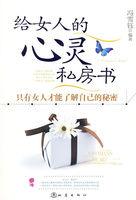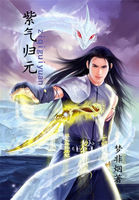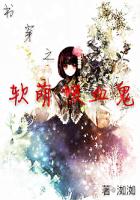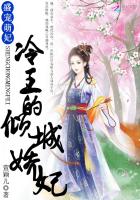THE theory of mythology set forth in the four preceding papers, and illustrated by the examination of numerous myths relating to the lightning, the storm-wind, the clouds, and the sunlight, was originally framed with reference solely to the mythic and legendary lore of the Aryan world. The phonetic identity of the names of many Western gods and heroes with the names of those Vedic divinities which are obviously the personifications of natural phenomena, suggested the theory which philosophical considerations had already foreshadowed in the works of Hume and Comte, and which the exhaustive analysis of Greek, Hindu, Keltic, and Teutonic legends has amply confirmed. Let us now, before proceeding to the consideration of barbaric folk-lore, briefly recapitulate the results obtained by modern scholarship working strictly within the limits of the Aryan domain.
In the first place, it has been proved once for all that the languages spoken by the Hindus, Persians, Greeks, Romans, Kelts, Slaves, and Teutons are all descended from a single ancestral language, the Old Aryan, in the same sense that French, Italian, and Spanish are descended from the Latin. And from this undisputed fact it is an inevitable inference that these various races contain, along with other elements, a race-element in common, due to their Aryan pedigree. That the Indo-European races are wholly Aryan is very improbable, for in every case the countries overrun by them were occupied by inferior races, whose blood must have mingled in varying degrees with that of their conquerors; but that every Indo-European people is in great part descended from a common Aryan stock is not open to question.
In the second place, along with a common fund of moral and religious ideas and of legal and ceremonial observances, we find these kindred peoples possessed of a common fund of myths, superstitions, proverbs, popular poetry, and household legends. The Hindu mother amuses her child with fairy-tales which often correspond, even in minor incidents, with stories in Scottish or Scandinavian nurseries; and she tells them in words which are phonetically akin to words in Swedish and Gaelic. No doubt many of these stories might have been devised in a dozen different places independently of each other; and no doubt many of them have been transmitted laterally from one people to another; but a careful examination shows that such cannot have been the case with the great majority of legends and beliefs. The agreement between two such stories, for instance, as those of Faithful John and Rama and Luxman is so close as to make it incredible that they should have been independently fabricated, while the points of difference are so important as to make it extremely improbable that the one was ever copied from the other. Besides which, the essential identity of such myths as those of Sigurd and Theseus, or of Helena and Sarama, carries us back historically to a time when the scattered Indo-European tribes had not yet begun to hold commercial and intellectual intercourse with each other, and consequently could not have interchanged their epic materials or their household stories. We are therefore driven to the conclusion--which, startling as it may seem, is after all the most natural and plausible one that can be stated--that the Aryan nations, which have inherited from a common ancestral stock their languages and their customs, have inherited also from the same common original their fireside legends. They have preserved Cinderella and Punchkin just as they have preserved the words for father and mother, ten and twenty; and the former case, though more imposing to the imagination, is scientifically no less intelligible than the latter.
Thirdly, it has been shown that these venerable tales may be grouped in a few pretty well defined classes; and that the archetypal myth of each class--the primitive story in conformity to which countless subsequent tales have been generated--was originally a mere description of physical phenomena, couched in the poetic diction of an age when everything was personified, because all natural phenomena were supposed to be due to the direct workings of a volition like that of which men were conscious within themselves. Thus we are led to the striking conclusion that mythology has had a common root, both with science and with religious philosophy.
The myth of Indra conquering Vritra was one of the theorems of primitive Aryan science; it was a provisional explanation of the thunder-storm, satisfactory enough until extended observation and reflection supplied a better one. It also contained the germs of a theology; for the life-giving solar light furnished an important part of the primeval conception of deity. And finally, it became the fruitful parent of countless myths, whether embodied in the stately epics of Homer and the bards of the Nibelungenlied, or in the humbler legends of St. George and William Tell and the ubiquitous Boots.

